The Road to Travel: Purpose of Travel
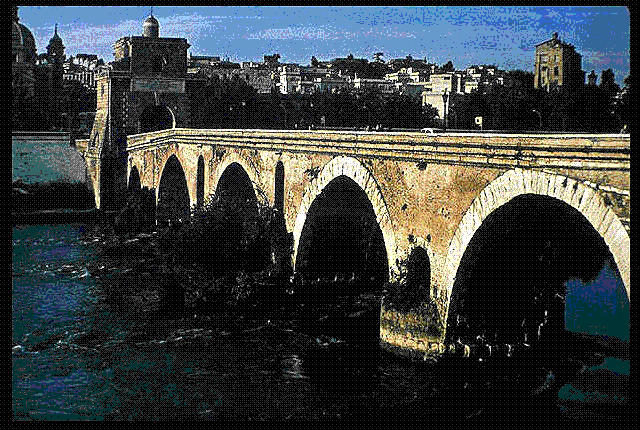
TRAVELING EXISTED THROUGHOUT
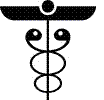 Medical reasons: doctors were sought out for their
knowledge, their aliments. The possibility and the hope for a cure from disease
was a major motivation of travel.
Medical reasons: doctors were sought out for their
knowledge, their aliments. The possibility and the hope for a cure from disease
was a major motivation of travel.
Business: depending on the sphere of
responsibility, traveling occurred from region to region, church officials to
the administrative end of the government, as well as travel for economic gains.
• ECCELESTICAL
– Religious travel existed for variety of reasons: Administrative, Church
Councils, Church affairs, theological debates, the imposing of new church
officials and authorities.
• GOVERNMENT
– Administrative reasons, movement of government officials, new taxes or
new laws and decrees that were set - were all means of why government officials
would travel from region to region, making sure the current government was
following law and order.
• TRADE
– Merchants traveled from
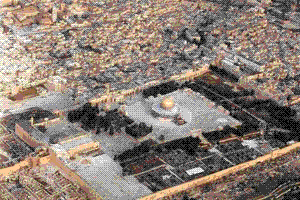 RELIGIOUS TRAVEL:
Society of that time went on religious voyages, pilgrimages, traveling
east or west seeking holy cities, relics, hoping to be closer to God. Many people traveled for holy days, for
the celebration of Easter in
RELIGIOUS TRAVEL:
Society of that time went on religious voyages, pilgrimages, traveling
east or west seeking holy cities, relics, hoping to be closer to God. Many people traveled for holy days, for
the celebration of Easter in
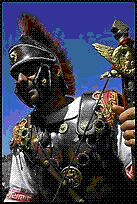
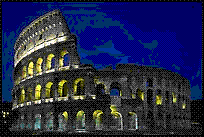 VACATION, TOURISM, ENTERTAINMENT: Curiosity and shear pleasure guided the
reasons for travel. Society
traveled from the rural region to the urban city for entertainment: the
theatre, museums, art, gladiator events, municipal events, or even the Olympics
VACATION, TOURISM, ENTERTAINMENT: Curiosity and shear pleasure guided the
reasons for travel. Society
traveled from the rural region to the urban city for entertainment: the
theatre, museums, art, gladiator events, municipal events, or even the Olympics
Vacation and tourism were also a component of
traveling. People were curious of
various regions. Therefore, many
vacationed to these regions:
Also, many people traveled to find and
discover answers of myths. Did
Werewolves exist? Or tribes with flat faces or tribes without
tongues?

ACADEMICS: Many theologians, philosophers traveled
in search of academies, libraries, or centers of learning.
The west traveled to the East to discover the
‘Old World’. The East
traveled to the West for trade and economic gain. Also, many people traveled to deliver
news. Communication Roads and
networks were built to connect an empire and deliver news of the times.
This page compiled by Miriam Rassam for Professor Sterk's HIS 3931/REL 3938 course.